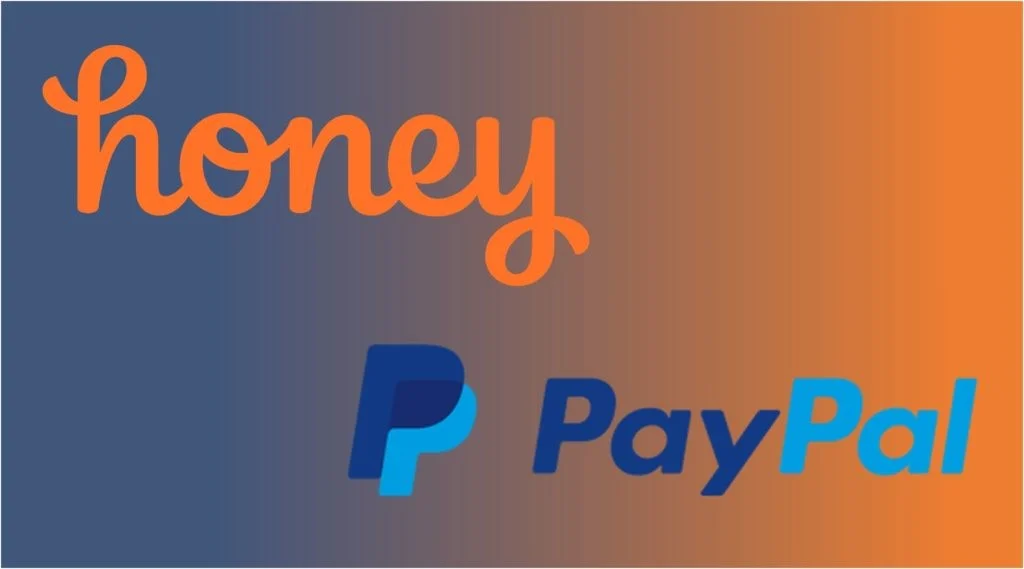The Article Tells The Story of Honey:
- Honey may prioritize its own profits over user benefits and creator earnings.
- It might not always find the best deals for users.
- Honey could be stealing revenue from content creators.
- PayPal, Honey’s owner, needs to address these concerns.
Honey, a popular browser extension owned by PayPal, is facing criticism for misleading users and harming creators.
A recent investigative video by YouTube channel MegaLag alleges that Honey Extensions fails to provide the best deals to users. The extension prioritizes its own affiliate links, often redirecting users away from better offers available elsewhere. This directly contradicts Honey’s core promise of finding the best possible deals for online purchases.
Honey Steals Revenue from Creators
Furthermore, the video claims that Honey actively steals revenue from content creators. By replacing original affiliate links with its own, Honey redirects commissions intended for creators, depriving them of rightful earnings. This practice undermines the efforts of content creators who rely on affiliate programs for income.
Check Out similar Article of $10M Streaming Scam: How AI Fooled the Music Industry October 9, 2024 – SquaredTech
How Honey Manipulates Affiliate Links
The investigative video details specific tactics employed by Honey to redirect affiliate commissions:
- Cookie Manipulation: Honey reportedly modifies affiliate cookies, subtly altering the attribution of sales. This allows Honey to claim credit for sales that originated from a different source, such as a creator’s affiliate link.
- Prioritizing Own Links: The extension often prioritizes its own affiliate links over those of content creators, even if the creator’s link leads to a better deal for the user.
- Limited Control for Merchants: Some merchants reported limited control over which discount codes are displayed by Honey, suggesting potential manipulation of offers.
Impact on Creators
These practices can have a significant impact on content creators:
- Reduced Income: Loss of affiliate commissions can significantly reduce creators’ income, impacting their ability to produce content and sustain their livelihoods.
- Eroded Trust: The revelation that Honey may be manipulating affiliate links can erode trust between creators and their audiences.
- Disincentivizing Content Creation: If creators feel their efforts are not being fairly rewarded, it may discourage them from producing valuable content that relies on affiliate marketing.
PayPal’s Response
PayPal has not yet issued a comprehensive response to these allegations. While they acknowledged in one instance that the extension’s behavior was intentional, a more detailed explanation and potential remedies are awaited.
Consumer Concerns
Beyond the impact on creators, these allegations raise concerns for consumers:
- Misleading Promises: If Honey fails to consistently provide the best deals as promised, it can mislead users into making suboptimal purchasing decisions.
- Lack of Transparency: The lack of transparency regarding Honey’s practices raises concerns about user trust and data privacy.
Moving Forward
The Honey controversy highlights the importance of transparency and ethical practices in the affiliate marketing ecosystem. It also underscores the need for platforms and tools to prioritize user benefits and support the livelihoods of content creators.
Disclaimer: This article is based on the information presented in the investigative video by MegaLag. It is crucial to conduct independent research and verify information before making any conclusions.
Stay Updated: Tech News


